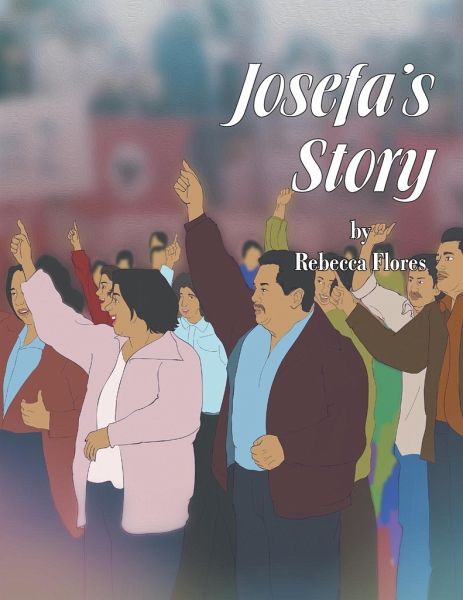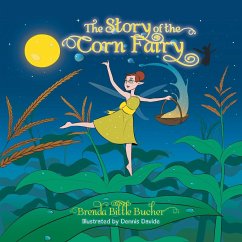
Josefa'S Story

PAYBACK Punkte
8 °P sammeln!
Women like Josefa were the foundation of the farmworker movement in South Texas. This short story is about a woman who led a difficult life and had a strong work ethic and community respect. She learned that when organized in her union, she could make the changes necessary that would affect her family and her work. Josefa and many other women like her found their voice and magnified it when they joined the union. Her experiences, eloquently spoken, forged systemic changes for all farmworkers across the state of Texas. Their voices, at one time muted, were heard by the land owners and by local,...
Women like Josefa were the foundation of the farmworker movement in South Texas. This short story is about a woman who led a difficult life and had a strong work ethic and community respect. She learned that when organized in her union, she could make the changes necessary that would affect her family and her work. Josefa and many other women like her found their voice and magnified it when they joined the union. Her experiences, eloquently spoken, forged systemic changes for all farmworkers across the state of Texas. Their voices, at one time muted, were heard by the land owners and by local, state, and federal representatives. Josefas legacy of activism then became examples for others to follow.













